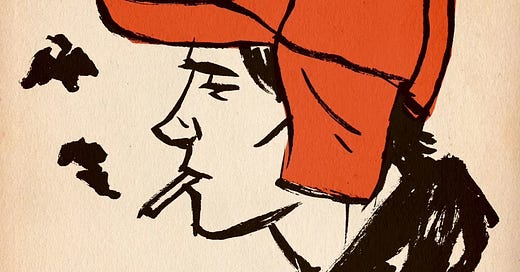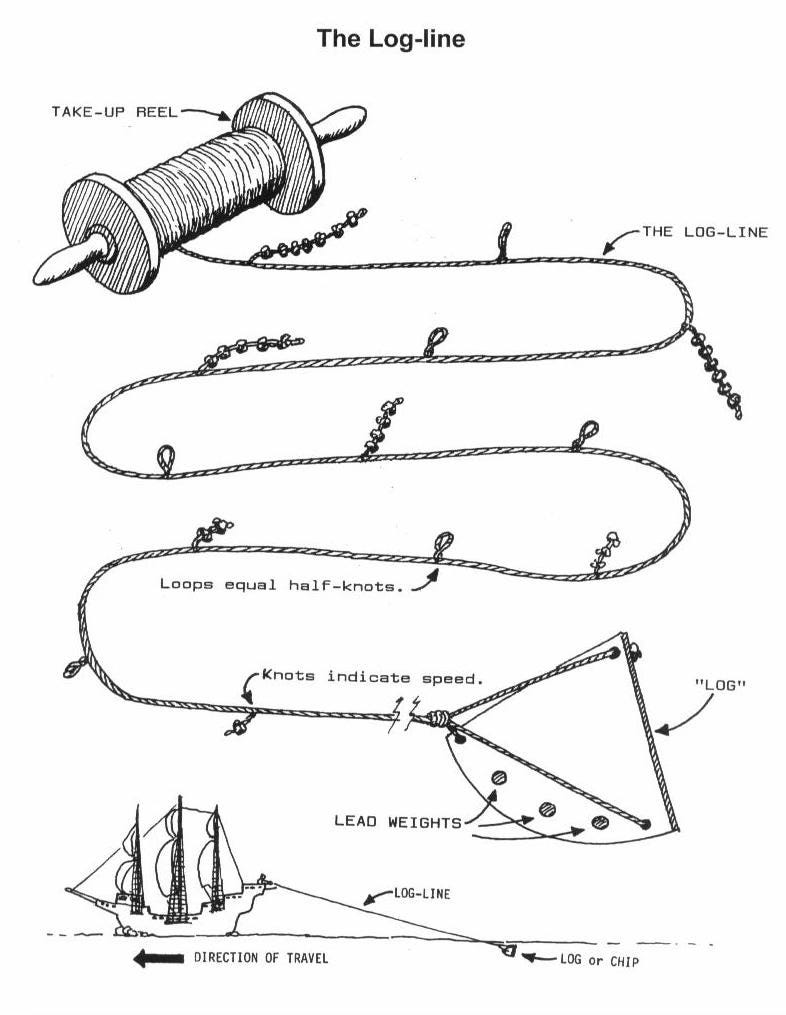(Listen to this post)
Not only do I like to read books, but I also like to read about them. Today I came across this dune of malarkey at The Washington Post, where much of the commentary came from people who… don’t seem to know how to read (remember, hyperbole). In short, the article—which has the alternate title “The Worst Classic Novels and the Most Underrated Books”—polls readers of the Book Club Newsletter about what “great” books are in fact straight-up garbage. The responses are not promising, even in a world where people’s taste is just people’s taste. Hall & Oates is my favorite band. Sue me.
Of course, the usual suspect appears right away: The Catcher in the Rye. And what is offered is the same criticism that makes people 1/1000th my age say, “Okay Boomer.” You know, the takedown that amounts to, I’m older now and Holden, unlike many adults, just seems too immature and annoying and, you know, whatever. Holy fat frog’s ass already. First, did this book club not read my definitive post on what I have trademarked as “The Wrinkle In Time effect?” Let’s say it again: books are like people. Sometimes you meet them at the right time; sometimes you meet them at the wrong time. Sometimes, and I’m going out on a limb here, your feelings change about what you used to like and that’s okay. But you should understand that the change occurs within you, not the artwork.
Oh, and here’s what really hot crosses my buns… the reader commenting says, “I refuse to call Caulfield a protagonist because he wasn’t ‘pro’ anything, save perhaps his own self-created misery.” Ohhhhhhh reallllllllly. Do you mean, say, the self-created death of his younger brother (at a very young age) that has left every single one of his pores open to the world to the point where he is very “pro” wanting to save every single freaking child in the world from harm? That non-protagonist? The characters on Succession think you’re going too negative.
On a serious note: in an era when the discussion of younger people’s mental health has never been more prominent, there is a significant opportunity here for some fresh readings of Catcher, especially when used as a through line to, say, The Perks of Being a Wallflower.
Also cracking the list of “worst classic novels” are The Great Gatsby (someone is wrong on the internet!) and EVERYTHING by Ernest Hemingway. Not one novel. Not one story. EVERYTHING! Well, the sun also rises off the canvas and is about to punch you in the grille! My goodness people. The concerned reader said, “He attempts to dig for emotional depth and gives up after half an inch.” Attempts? Did you say “attempts”? No, Evel Kneivel attempted to jump across Snake Canyon on a motorcycle with a rocket on his back. It did not work. But if you read A Farewell to Arms and are not crying your eyes out at the conclusion, you are the kind of person who throws batteries at Santa Claus. Philadelphia sports fans think you’ve crossed the line, and we’re talking about a city that has an actual courtroom in their football stadium to deal with unruly fans (or readers).
The Scarlet Letter makes the list. Who do these people think they are? The guy from The Princess Bride who says, “Plato? Aristotle? Morons.”? To Kill a Mockingbird is listed! I have no words. The reason provided is that it encourages belief in a white savior for non-white people. Okay, there’s some fertile ground there. Or…or…just maybe, it is one work that shows the concern for civil rights extending across racial divides. I mean, who was Harriet Beecher Stowe anyway?
And finally, the mortal sin. Moby Dick. Let’s just speak a higher truth. A transcendental signified, if you will. Moby Dick is one of the most unique, dazzling, daring, incredible books ever written. The disgruntled reader offers, “Then I entered the murky, dense chapters on whaling history, whale behavior, the whaling trade, blah blah blah blubber blubber. That’s enough whale facts. I’m done. I went back and told everyone I was wrong, don’t bother.”
Ah yes, this book is stupid because, unlike the Coliseum crowd in Gladiator, you have been ceased to be entertained. Look, it took me four tries to read that novel. Again, my first tries were like meeting a person at the wrong time. Then we met at the right time. I will say this to Staci, the reader who quibbled: If you ever need to tie a knot and royally screw it up and people suffer as a result, it’s your fault. So when your kayak flies off the top of your car and through the Chick-fil-A drive-thru window and hurts a teenager, just remember that Melville was beneath you. And don’t say I am not here to help:
To be clear, I am not opposed to saying something is “the worst classic novel.” I’m just saying that everyone on the internet quoted in this article is practicing the dark art of buffoonery. But I am not afraid to put myself on the line. Like Jane Smiley wrote in her famous piece in Harper’s, Huck Finn is indeed a bad novel. I mean, really bad. In fact, I feel like that about much of Twain, who frequently comes off like “everything I say and do is super sharp” guy. You know, a Twainsplainer. (I read a biography of Twain that was incredible, and I have yet to read The Mysterious Stranger which I’ve heard is a very different project for him.)
Interlude: Kindred is listed as underrated. Now that is straight-up word. Well. Done. Book Club!
One of my favorite poets is Tony Hoagland. Hoagland has passed on, but his voice was the first living poet I ever read, and he filled my ears with a world I recognized and understood. Hoagland was also deeply unpretentious in his poetry, and one of my favorite poems of his is called “Lawrence,” where he humorously skewers people who like to take down “the old masters” as sort of an aside or quick, effortless act. I add that poem here to express my grumpiness about the grumpy people who said bad things about meaningful art.
Have a good weekend everyone!
Lawrence
by Tony Hoagland
On two occasions in the past twelve months
I have failed, when someone at a party
spoke of him with a dismissive scorn,
to stand up for D. H. Lawrence,
a man who burned like an acetylene torch
from one end to the other of his life.
These individuals, whose relationship to literature
is approximately that of a tree shredder
to stands of old-growth forest,
these people leaned back in their chairs,
bellies full of dry white wine and the ovum of some foreign fish,
and casually dropped his name
the way pygmies with their little poison spears
strut around the carcass of a fallen elephant.
“O Elephant,” they say,
“you are not so big and brave today!”
It’s a bad day when people speak of their superiors
with a contempt they haven’t earned,
and it’s a sorry thing when certain other people
don’t defend the great dead ones
who have opened up the world before them.
And though, in the catalogue of my betrayals,
this is a fairly minor entry,
I resolve, if the occasion should recur,
to uncheck my tongue and say, “I love the spectacle
of maggots condescending to a corpse,”
or, “You should be so lucky in your brainy, bloodless life
as to deserve to lift
just one of D. H. Lawrence’s urine samples
to your arid psychobiographic
theory-tainted lips.”
Or maybe I’ll just take the shortcut
between the spirit and the flesh,
and punch someone in the face,
because human beings haven’t come that far
in their effort to subdue the body,
and we still walk around like zombies
in our dying, burning world,
able to do little more
than fight, and fuck, and crow,
something Lawrence wrote about
in such a manner
as to make us seem magnificent.





This one is worth reading twice just to savor lines like "Holy fat frog’s ass already." Love!
So weird, so weird: I listened to your reading of this post and strained—strained! I tell you!—to attach the voice to my "Memories of Chuck" and still—still! I tell you!—could not make the connection. I just don't recognize what I'm hearing as Chuck. Clearly, my problem, but . . . jeez: so weird, so weird. But, my personal disconnects aside, a righteous post: thanks for the Smiley: had not known before, but have to nod in agreement now; and props for touting MOBY DICK, which as you note is one of those novels you have to meet at the right time: it took me more than one try, too, but when it hit: well, holy [expletive] Batman! that's one amazing novel! And yeah, Vive is spot on with her "Love." One quibble (because that's my raison d'être, apparently, quibbling): In Hoagland's poem, what's with that 3-line stanza doing jammed into the middle of a poem of 4-line stanzas? Why did he establish a 4-line stanza convention and then violate it? Just once. I don't get it. If you're going to go to the trouble of establishing a "form" for an otherwise free-verse poem, why not follow through all the way? [Hoagland is not the only poet who did/does shit like this, but it really, really bugs me when anyone does it, y'know?]